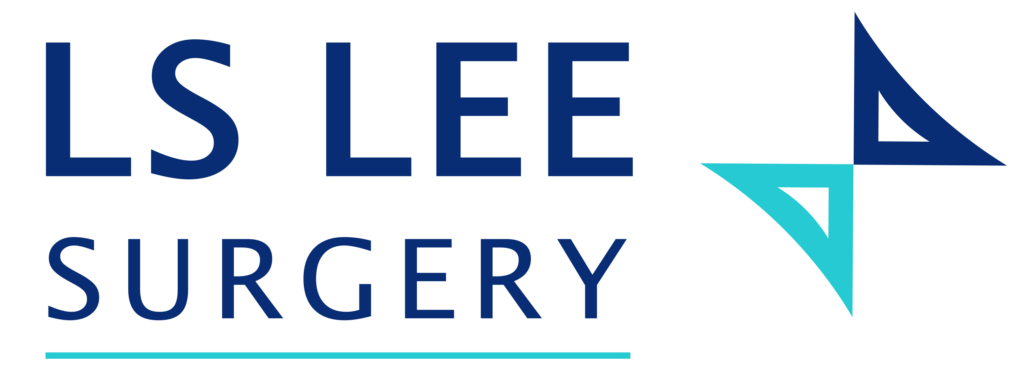If you’re dealing with an umbilical hernia, you might have noticed a soft bulge near your belly button that pops up when you cough or strain, only to vanish when you lie down. While it may seem harmless at first, an umbilical hernia can lead to discomfort and, in rare cases, complications. Knowing what umbilical hernias are and being able to spot the warning signs can help you avoid unnecessary pain and worry.
How Does an Umbilical Hernia Happen?
An umbilical hernia occurs when a part of the intestine or some fatty tissue pushes through the abdominal wall close to the navel (umbilicus). This happens because the muscles around the belly button are a bit weaker in that area, allowing internal tissues to poke through. While umbilical hernias are most common in infants, where the muscle gap usually closes on its own, they can also affect adults, especially those with increased pressure in the abdomen.
Key Symptoms
Visible Bulge: You might notice a soft lump or protrusion at your belly button, which can become more noticeable when you cough, lift something heavy, or strain.
Mild Discomfort or Pain: Some people experience mild discomfort or sharp twinges around the hernia site, particularly when bending over or standing for extended periods.
Nausea or Constipation: In rare cases where the bowel gets trapped (incarcerated), you might feel nauseous, constipated, or see that the bulge turns red and tender.
If you can’t push the hernia back in or if you experience severe pain, fever, or vomiting, it’s crucial to seek medical help right away. These could be signs of strangulation, a serious complication where the blood supply to the trapped tissue is cut off.
Natural Measures and Lifestyle Tips
While small, asymptomatic umbilical hernias in infants often resolve on their own by age four, adult hernias rarely do. However, there are some steps you can take to manage symptoms while you look for a more permanent solution:
Maintain a Healthy Weight: Carrying extra weight puts more pressure on your abdominal wall, so sticking to a balanced diet and getting regular exercise can help ease that strain.
Avoid Heavy Lifting: If your job or hobbies involve lifting, ensure you use the correct techniques and consider supporting your abdominal area with a brace if advised.
Build Up Your Core Muscles: Gentle exercises like pelvic tilts and modified planks can help strengthen your abdominal support, but it’s a good idea to check in with a physiotherapist before starting any new routine.
When Is Surgery Necessary
Surgical repair is the most effective solution for adult umbilical hernias. At LS Lee Surgery, we provide two main methods:
Open Repair: This involves making a small incision at the hernia site, pushing the protruding tissue back into the abdomen, and closing the muscle gap, often with surgical mesh to help prevent it from happening again.
Laparoscopic Repair: Done under general anaesthesia, this minimally invasive technique uses several small incisions and a camera to guide the repair. Patients typically experience quicker recovery times and less discomfort afterwards.
What Next?
At LS Lee Surgery, Dr Lee Lip Seng, Senior Consultant Hepatopancreatobiliary (HPB) Surgeon, will help you decide on the approach suitable for you based on the size of the hernia, your overall health, and your personal preferences. Most adults can get back to light activities within a few days and return to their normal routines in about four to six weeks
Don’t wait for complications to develop. If you think you might have an umbilical hernia or are feeling discomfort around your navel, schedule a consultation with LS Lee Surgery today. Our experienced team is here to help you create a personalised treatment plan, so you can live life free from those annoying bulges or aches.







